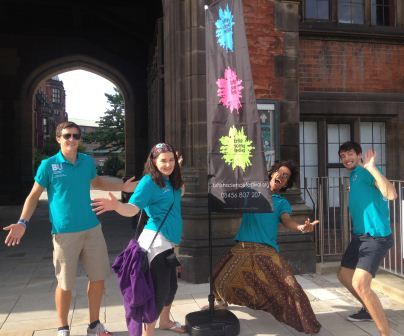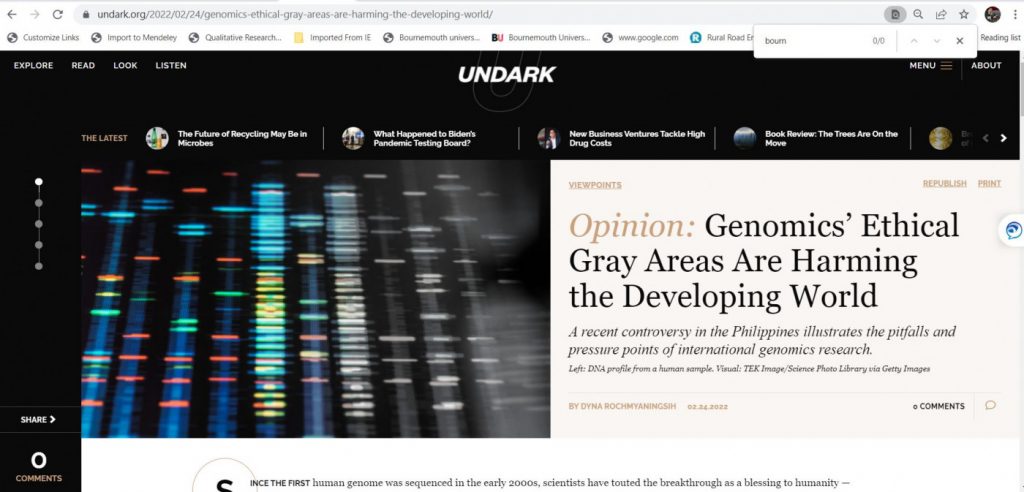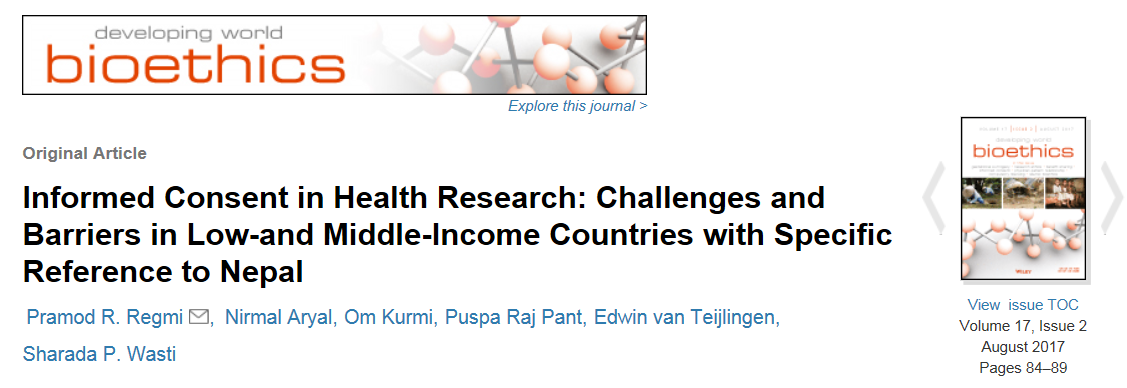
An insight from Associate Professor in Archaeology/Director of IMSET- Dr. Emma Jenkins
In recent years the Department of Archaeology and Anthropology have actively sought to recruit and support ECRs. This reaps benefits not just for the individuals concerned but also for the department; it’s great to have academically young and enthusiastic colleagues who are at the cutting edge of research and bring new expertise and collaborations. It’s basically a win/win situation! That being said, as a department we take the development of our ECRs seriously and are generally a supportive bunch. With ECRs who are submitting to an external funder such as the British Academy or the Leverhulme Trust, this starts with us working with them on their initial proposal. We provide constructive feedback and help them to write a fundable application going as far as to regularly Skype with overseas colleagues to provide feedback back in the distant days pre the pandemic when no one had ever heard of Zoom! We also pick them up and get them back on track if they are initially unsuccessful and encourage them to apply elsewhere or to apply again in the next round.
Once a position has been secured, we continue that support. We try and ensure that our ECRs take advantage of the training and other opportunities that BU offers for example by getting a departmental mentor, attending writing workshops, and training schemes such as the Research Council Development Scheme and applying for additional funding for example the Acceleration Of Research & Networking fund (ACORN) which is aimed specifically at ECRs and allows them to gain leaderships skills. We also encourage them to apply for additional external prizes that would enhance their CV, for example the Philip Leverhulme Prize. Where appropriate we provide opportunities for teaching and student supervision that fall within their remit of research expertise and encourage them to take on light departmental administrative duties such as being responsible for the departmental social media posts-something which the ‘young-uns’ are much better at anyway! The bridging fund offered by the university which provides the salary of an existing ECR for up to six months if they are awaiting the outcome of a further funding proposal is also invaluable for retaining good ECRs. In summary I would say that the efforts that the department has made to make the department a welcoming and supportive environment for ECRs has paid off enormously with a sizeable increase in our ECR numbers which in turn has made the department a much more fun and dynamic place to work.








 At Bournemouth University we collaborate with global institutions and organisations through our education, research and practice.
At Bournemouth University we collaborate with global institutions and organisations through our education, research and practice. Every BU academic has a
Every BU academic has a  By clicking on this box, on the left of the Research Blog home page just under the text ‘Funding Opportunities‘, you access a
By clicking on this box, on the left of the Research Blog home page just under the text ‘Funding Opportunities‘, you access a 



 FHSS postgraduate research student, Shel Silva, will be featured on
FHSS postgraduate research student, Shel Silva, will be featured on 
 After the finalisation of the evaluation, all applicants will receive the ESR (they may also call it Proposal Evaluation Form). The layout of provided feedback may differ depending on particular funding stream you have applied for. However, there are common features applicable to all ESRs containing general information related to the call and your application, abstract, total score, scoring by each criterion and evaluators’ comments indicating strengths and weakness of the proposed project.
After the finalisation of the evaluation, all applicants will receive the ESR (they may also call it Proposal Evaluation Form). The layout of provided feedback may differ depending on particular funding stream you have applied for. However, there are common features applicable to all ESRs containing general information related to the call and your application, abstract, total score, scoring by each criterion and evaluators’ comments indicating strengths and weakness of the proposed project. Following an introductory message from Vice-Chancellor Professor John Vinney, the event was opened by Professor of Nutrition Jane Murphy and Postdoctoral Research Fellow Dr Sophia Amenyah, who discussed how our nutritional needs change throughout our life and the importance of good nutrition as we age.
Following an introductory message from Vice-Chancellor Professor John Vinney, the event was opened by Professor of Nutrition Jane Murphy and Postdoctoral Research Fellow Dr Sophia Amenyah, who discussed how our nutritional needs change throughout our life and the importance of good nutrition as we age.










 Conversation article: London Marathon – how visually impaired people run
Conversation article: London Marathon – how visually impaired people run Horizon Europe News – December 2023
Horizon Europe News – December 2023